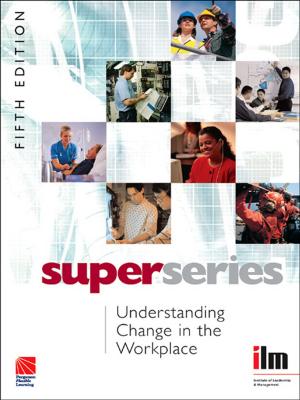Advances in Research on Illicit Networks
Nonfiction, Social & Cultural Studies, Social Science, Crimes & Criminals, Criminology| Author: | ISBN: | 9781317579762 | |
| Publisher: | Taylor and Francis | Publication: | April 14, 2016 |
| Imprint: | Routledge | Language: | English |
| Author: | |
| ISBN: | 9781317579762 |
| Publisher: | Taylor and Francis |
| Publication: | April 14, 2016 |
| Imprint: | Routledge |
| Language: | English |
Social network analysis finally reached a critical mass of scholars in the field of criminology. The proven track record of network theory and methods in fostering new advances in our understanding of crimes and criminals has extended the web of researchers willing to integrate this approach to their work. It is more than just a fad – once you adopt a network approach, it almost inevitably becomes the main lens through which you see crime. The insights learned from analysing matrices of relations among offenders, from exploiting the interdependence among actors instead of finding ways to avoid it are simply too great to ignore. This book provides a state of the art assessment into network research currently being conducted in criminology and beyond, pushing the field further in multiple ways. A series of contributions tackle themes and offending types that had yet to be previously empirically investigated, including political conspiracies, steroid distribution, methamphetamine production, illicit marketplaces on the Internet, and small arms trafficking. Advances are also found in the data sources used to extract illicit networks, and the methods used to analyse them.
This book was originally published as a special issue of Global Crime.
Social network analysis finally reached a critical mass of scholars in the field of criminology. The proven track record of network theory and methods in fostering new advances in our understanding of crimes and criminals has extended the web of researchers willing to integrate this approach to their work. It is more than just a fad – once you adopt a network approach, it almost inevitably becomes the main lens through which you see crime. The insights learned from analysing matrices of relations among offenders, from exploiting the interdependence among actors instead of finding ways to avoid it are simply too great to ignore. This book provides a state of the art assessment into network research currently being conducted in criminology and beyond, pushing the field further in multiple ways. A series of contributions tackle themes and offending types that had yet to be previously empirically investigated, including political conspiracies, steroid distribution, methamphetamine production, illicit marketplaces on the Internet, and small arms trafficking. Advances are also found in the data sources used to extract illicit networks, and the methods used to analyse them.
This book was originally published as a special issue of Global Crime.















